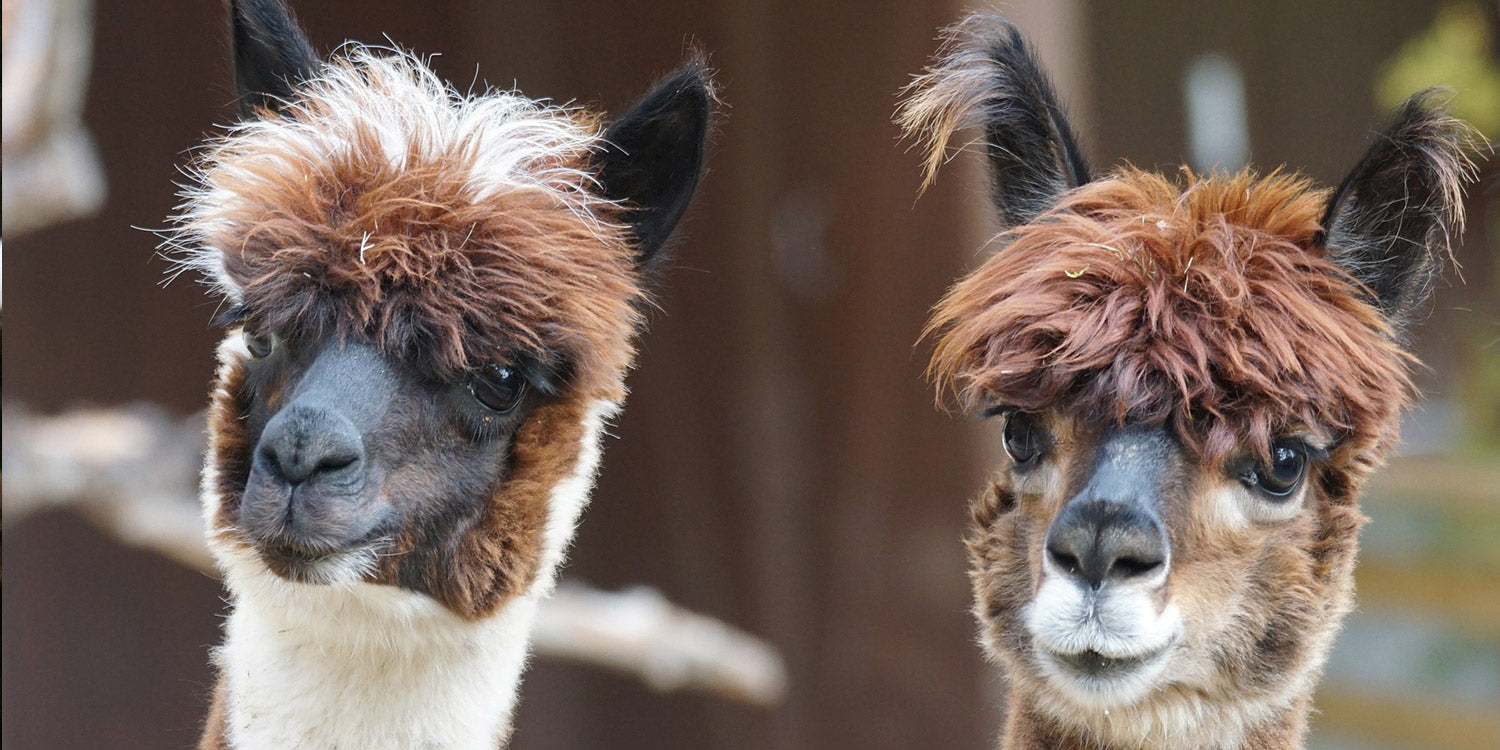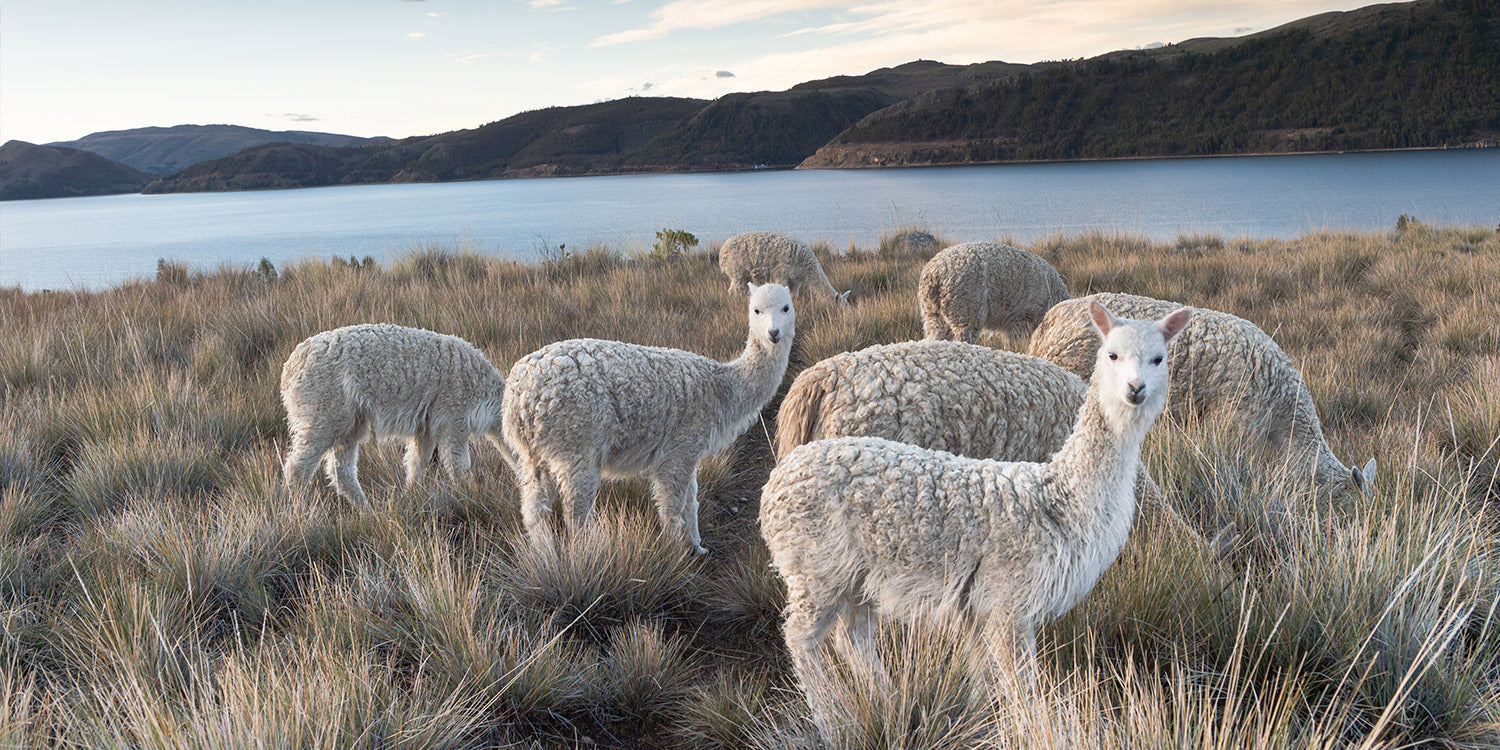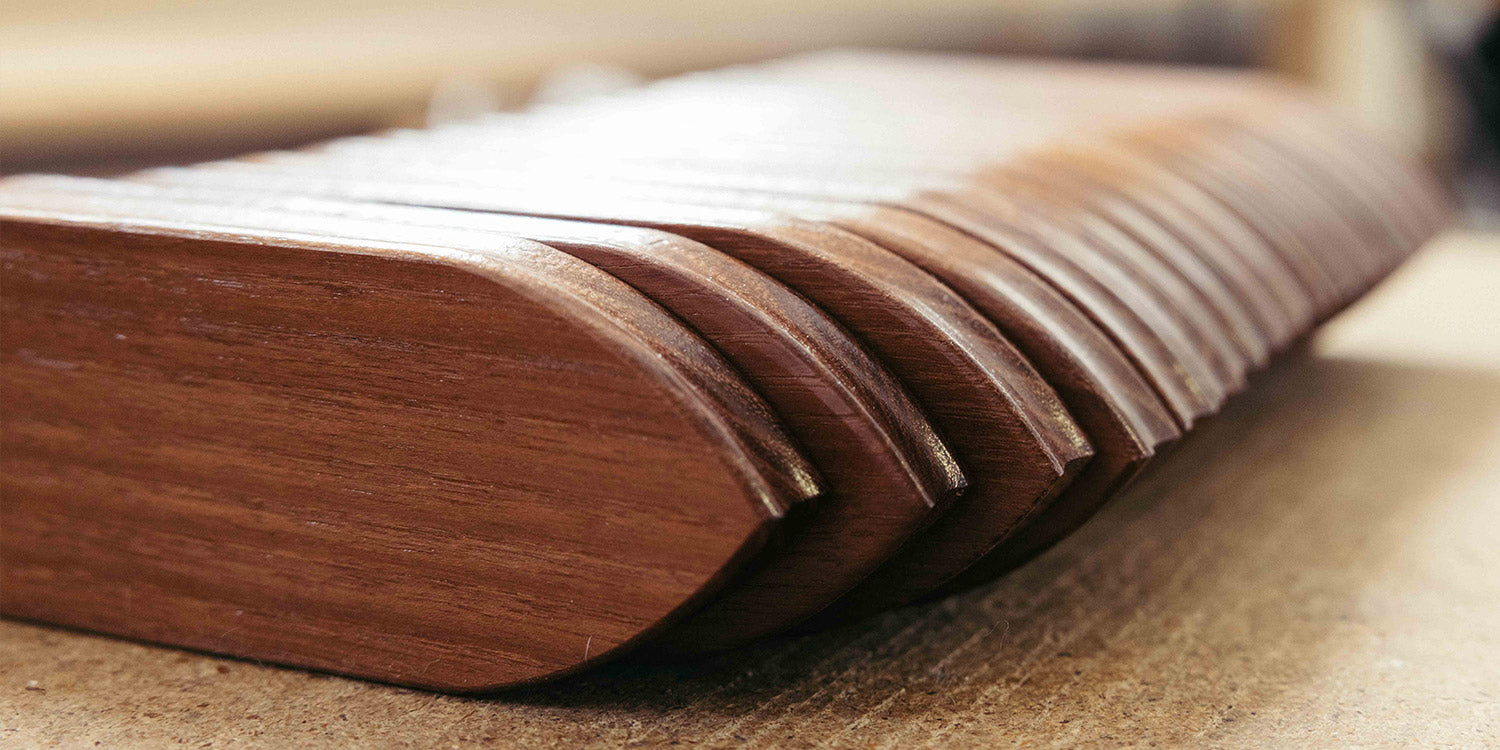
In focus: Why alpaca wool is the perfect material for saddle pads
Alpaca wool is a special and high-quality type of animal fiber that differs from other types of wool, especially sheep's wool. These differences are due to the unique hair structure of alpacas and contribute to the remarkable properties of this wool. Here are the key features of alpaca wool compared to sheep wool:
1. Hair Structure:
-
Fineness: Alpaca wool is known for its exceptional fineness. The fibers are particularly delicate and thin, resulting in a soft and luxurious feel. On average, alpaca wool is about three times finer than sheep wool.
-
Smoothness: The fibers of alpaca wool are smoother and less flaky than sheep's wool. This gives alpaca wool a silky texture and shiny appearance.
- Curl : While the surface structure of the fiber is smoother, the individual hairs are extremely crimpy or wavy. Overall, a fleece made of densely woven alpaca wool can be seen as a surface made up of many small pockets of air, as the curly hairs have excellent shock-absorbing properties.
2. Isolation ability:
-
Warmth: Alpaca wool has excellent insulation properties. The fibers are hollow, which helps retain heat effectively. At the same time, the breathability of the wool allows good air circulation to prevent overheating. Optimum heat balance and air circulation under the saddle are crucial, especially when the demands are high in equestrian sports.
-
Ease: Although alpaca wool keeps you warm, it is lighter than sheep's wool. This makes the woven alpaca fleece used for the underside of saddle pads and saddle pads the perfect material to provide lightness and shock absorption for the horse.
- Moisture regulation : Alpaca wool fibers can absorb up to 50% of their own weight in moisture without feeling wet.
3. Softness and comfort:
-
Scratch-free: In contrast to sheep's wool, alpaca wool is scratch-free. Even people and animals with sensitive skin can wear alpaca wool directly on the skin without feeling annoying scratching or itching.
-
Flexibility: The elasticity of alpaca wool makes it particularly comfortable and adapts well to the movements of the body.
4. Hypoallergenic:
- Low allergen: Alpaca wool is considered hypoallergenic because it contains less lanolin than sheep's wool. Lanolin is a substance that can cause allergies in some people and animals. Alpaca wool is therefore a good choice for horses with sensitive skin or allergy problems.
5. Color selection:
- Natural color variety: Alpacas come in a variety of natural colors including white, beige, brown, gray and black. This means that alpaca wool is available in a wide range of natural colors without the need to be dyed. At L'Evoine, all natural tones of alpaca wool are processed into a brown-mottled fleece.
6. Environmental friendliness:
- Sustainability: Alpacas are environmentally friendly animals. They leave a smaller environmental footprint than sheep because they require less pasture and water. In addition, alpaca wool is often produced sustainably and ethically. L'Evoine only uses certified wool.
Overall, alpaca wool is characterized by its exceptional fineness, softness, insulating properties and hypoallergenic properties. These qualities make them the perfect material for a high-quality saddle pad. Alpaca wool is an example of the amazing diversity of natural fibers and their adaptability to the needs of horses in equestrian sports.


